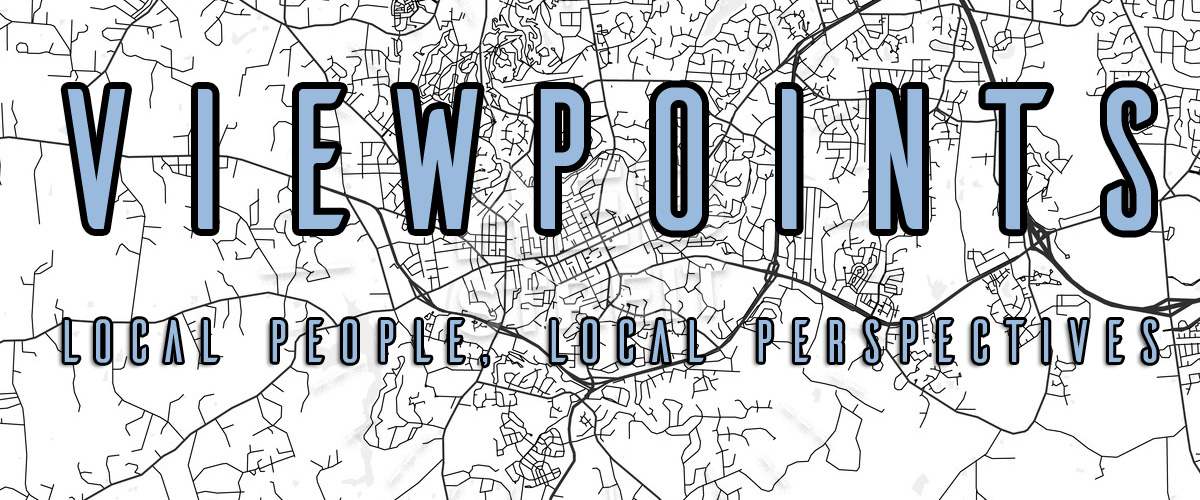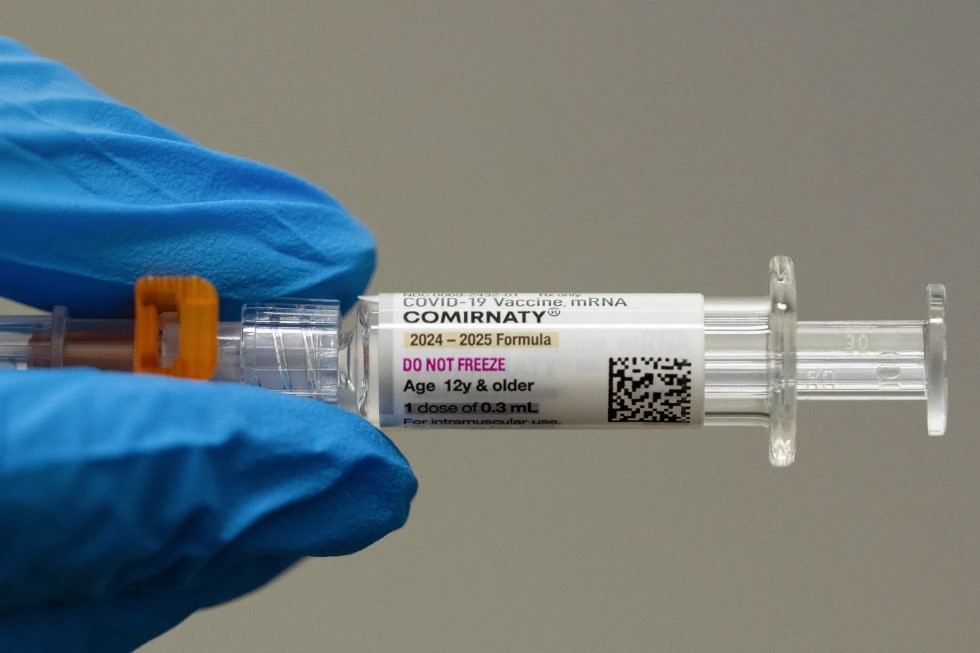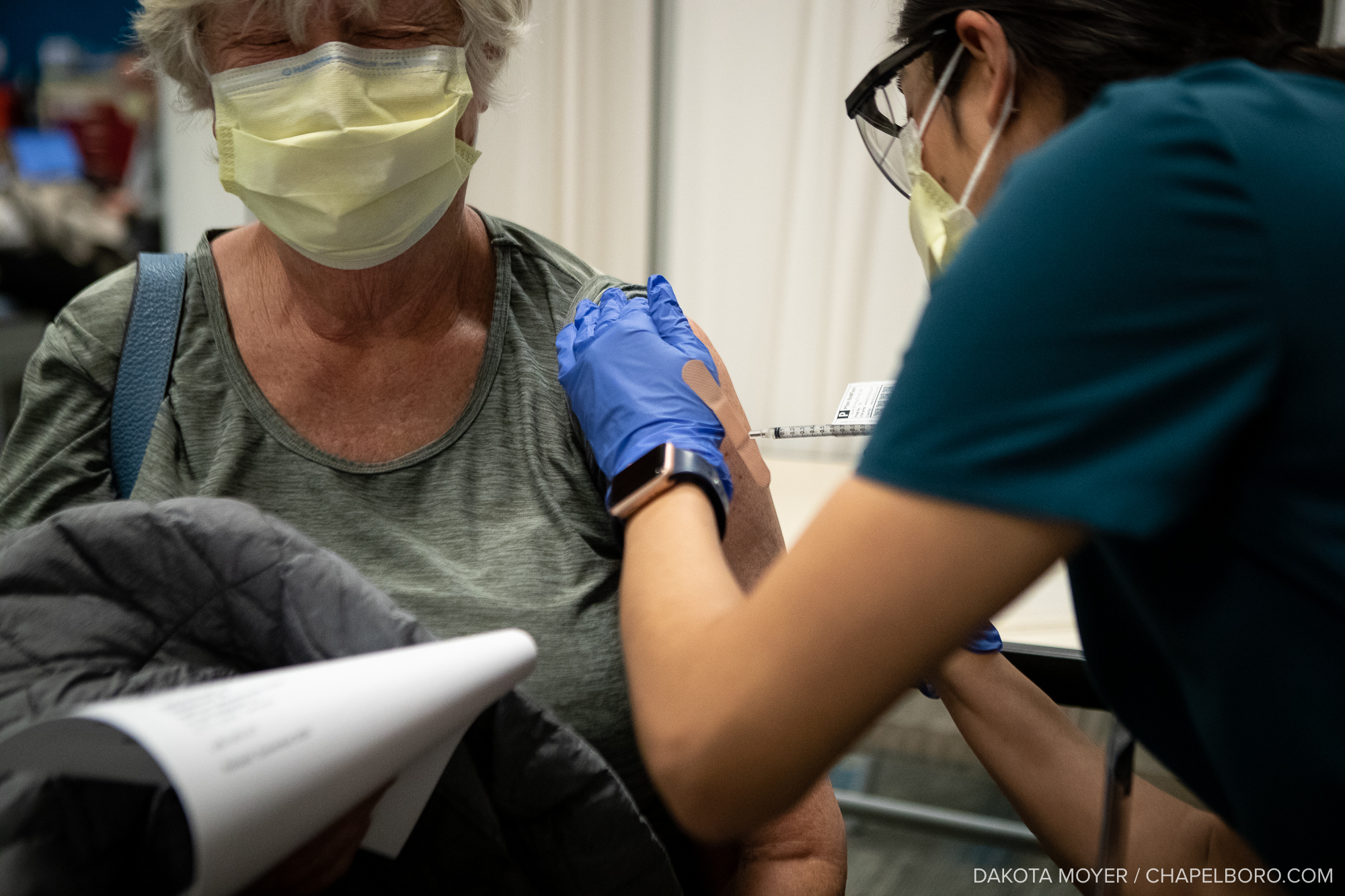
Outbreak: North Carolina Prisons and Older Adults in the Time of COVID-19
A perspective from Nathan Boucher
Without more efficient early release programs, more testing, and policy limiting entry of prisoners, COVID-19 will spread further to take the lives of some our state’s most vulnerable. North Carolina has a total incarceration rate of 639 per 100,000 people, locking up a higher percentage than many wealthy democracies. Since pandemic onset, the Marshall Project ranks NC 7th among the fifty states in highest total cases of COVID-19 infection in prisons. This number is only expected to increase. Over the past month, we have seen COVID-19 sweep through federal FCI Butner as well as state facilities Neuse Correctional Institution and NC Correctional Institution for Women.
The explosion of COVID-19 cases is a result of an inability to social distance in prison settings. Social distancing practices are difficult, if not impossible, because of close rooming conditions and communal bathrooms. Staff are, at once, vectors and at-risk themselves — as they are responsible for handcuffing, supervising, and transporting prisoners, and move freely in society. Staff are only now starting to get tested but must go off-site. Four inmates have died of COVID-19 in custody of North Carolina’s state prisons, all over the age of 50.
Older prisoners are at particular risk for contracting coronavirus. Both federal and state-run prisons have taken steps allowing offenders to serve their sentences outside prison. According to North Carolina Department of Public Safety, individuals who have not been convicted of crimes against a person will be considered if: they are either pregnant, already on home leave or work release with a 2020 release date, or age 65+ or 50-64 with underlying health conditions and a 2020-2021 release. As of May 3rd, 485 of the state’s prison population have been released early. The federal Bureau of Prisons has also focused on vulnerability of older inmates to COVID-19, as well as given priority to inmates in low and minimum-security facilities. The Bureau of Prisons has yet to report how many prisoners it has released from its NC facilities.
While these measures are one of many first steps to help ensure health and safety of inmates, staff, and the general population, more must be done. The ACLU recently published a report on how COVID-19 could claim approximately 100,000 more people than originally projected if the rate of incarceration in our country does not dramatically decrease. Some of the most vulnerable members of our society are incarcerated older inmates, but sending well people to prison for non-violent, low level crimes exposes more of society to potential hotbeds of contamination. Reducing the ACLU’s projection begins not just by allowing more prisoners to serve their sentences from home, but by reducing arrests. According to the ACLU’s study, if action is taken to reduce arrests by 50% nationally, 12,000 inmate lives, and 47,000 lives in surrounding communities can be saved. NC Superior Court has rejected the request to intervene, however.3 Thus far, NC has not instituted a policy encouraging limitation of arrests for even the most minor crimes. Without cohesive policies in place, the number of COVID-19 cases in prisons will only increase as inmates continue to enter facilities. This puts inmates ages 65+ or 50-64 with underlying health conditions at even greater risk, even if they are scheduled to continue their sentence from home.
Aging populations in prisons have always been at-risk for disease because of overcrowding and dormitory-style living. COVID-19 now greatly compounds this risk. While NC has worked to allow offenders to serve their sentences outside prison, only 1.43% of inmates have been released from NC state prisons over the past two months. Not only has the early release of non-violent, older inmates been slow, but also, as of May 8th, the 18 NC state prisons have not tested inmates for COVID-19. Early release programs, more testing, and reduced entry of prisoners are needed to help curb COVID-19.

“Viewpoints” is a place on Chapelboro where local people are encouraged to share their unique perspectives on issues affecting our community. If you’d like to contribute a column on an issue you’re concerned about, interesting happenings around town, reflections on local life — or anything else — send a submission to viewpoints@wchl.com
Chapelboro.com does not charge subscription fees. You can support local journalism and our mission to serve the community. Contribute today – every single dollar matters.











